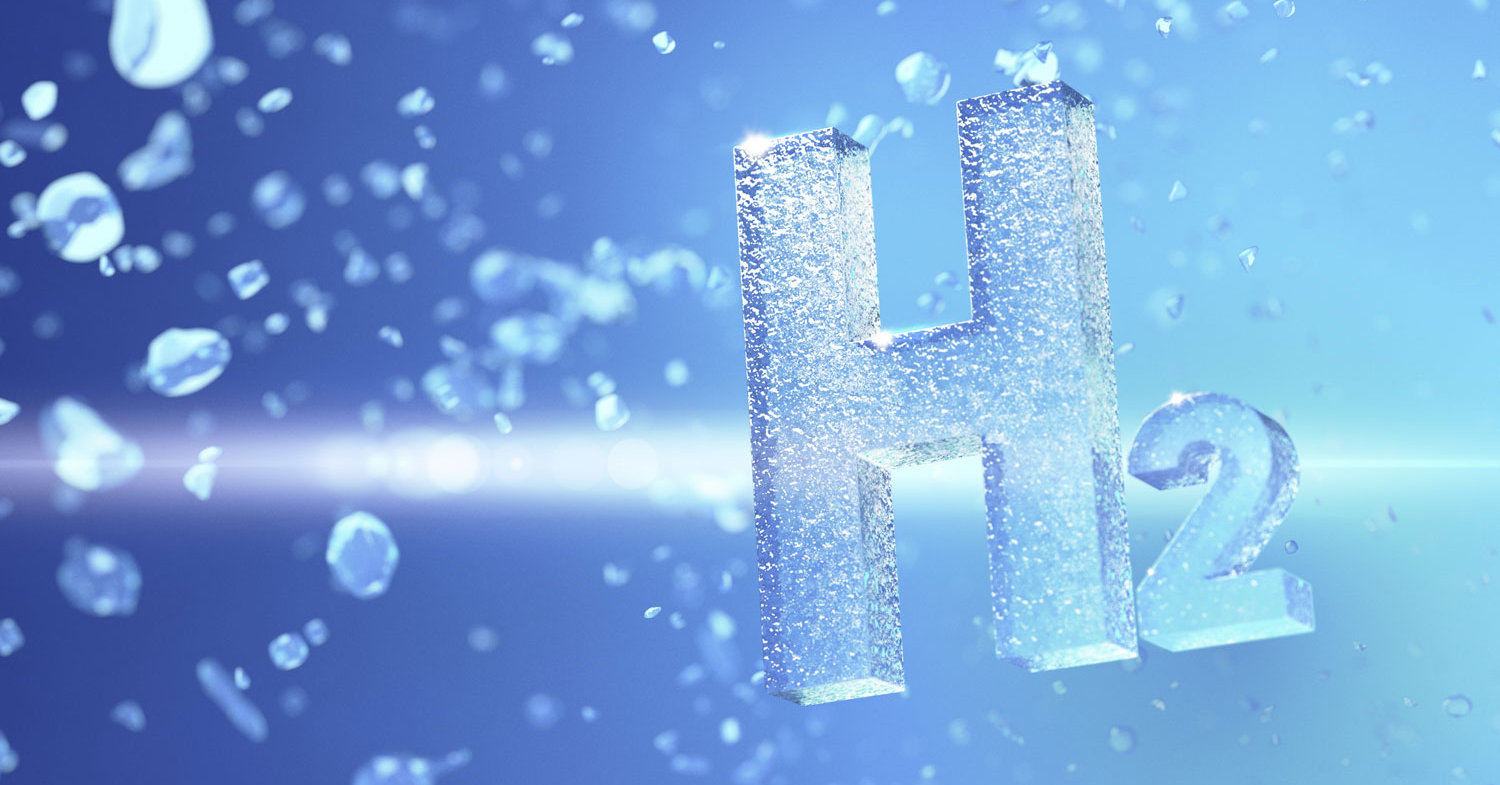“The figures from the market survey are a clear signal: everyone involved is ready to build a comprehensive hydrogen value chain in Bavaria and we will make a substantial contribution with our infrastructure,” explains Bayernets boss Matthias Jenn in the press release. “We are convinced that piped hydrogen transport will be a central component for a successful energy transition in Europe.”
No IPCEI funding
In order to promote hydrogen technologies and systems, the Federal Ministry for Economic Affairs and Energy started an expression of interest procedure for “Important Projects of Common European Interest” (IPCEI) of the European Commission at the beginning of 2021. Bayernets submitted the HyPipe Bavaria project idea there, but did not make it into the second funding round.
Transmission system operators from 19 EU countries (including Switzerland and Great Britain) presented a revised concept for a pure hydrogen transport infrastructure for Europe in April 2021. A network of 39,700 km of hydrogen transport pipelines with approx. 70% conversion of existing gas lines and approx. 30% new lines is to be built step by step by 2040. The results of the modeling show that the establishment of a European hydrogen infrastructure can enable energy-efficient and economical transport of large quantities of hydrogen over long distances, the Bayernets are convinced.
Bayernets stay tuned
According to the current state of knowledge of the European Hydrogen Backbone, Bayernets’ transport lines could be converted to hydrogen by 2035, thus connecting Bavaria to the European hydrogen infrastructure. Hydrogen clusters in Burghausen and Ingolstadt could thus be implemented in the near future and then connected to the European Hydrogen Backbone, Bayernets said. The project idea HyPipe Bavaria will be further developed. (amo)
–


